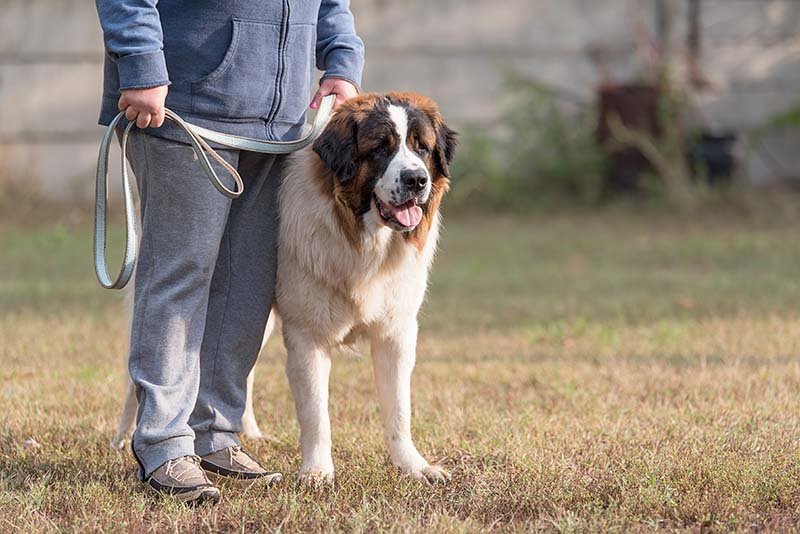People keep dogs for all sorts of reasons, from companionship to having a work partner or an excuse to get them out of the house more often. Dogs have also been kept as guardians for livestock and humans for centuries, and many people still keep dogs for protection today.
The belief that all dogs will protect their owners is a bit of a myth, though. Many people believe that their dog will rush to their rescue whenever they need it, only for said loyal pup to turn tail and hide instead. This doesn’t mean that your dog doesn’t love you or that a protective dog won’t defend you to the best of their ability. It all comes down to the dog’s breed, temperament, and their training.
To clear up the confusion, we’ll explore the reasons why some dogs protect their owners and others don’t. We also examine common ways that dogs try to protect you even if they do run away or attempt to make friends with your attacker.


Do Dogs Protect Their Owners?
The question of whether dogs will protect their owners is one that’s asked frequently and many people assume that the answer is always, “Yes, absolutely!” In practice, however, this is rarely the case. Most dogs won’t protect you at all if you’re attacked. This can be due to many reasons.
Breed
Perhaps the biggest factor in whether your dog will protect you if necessary is their breed. While all dogs have a natural protective instinct, some breeds were developed with a stronger guard-dog temperament than others. Well-known guardians include livestock guardians like the Anatolian Shepherd Dog or ancient war dogs like the Cane Corso.
That said, having a guardian breed doesn’t necessarily mean these dogs will protect you. There are plenty of other factors to consider, too. A key point to keep in mind is that your dog’s personality will play a huge role in this as well. In addition, there are many large breeds that are notoriously terrible in the context of being guard dogs. Despite their size and stature, they’re often very friendly toward strangers and don’t seem to mind their approach.
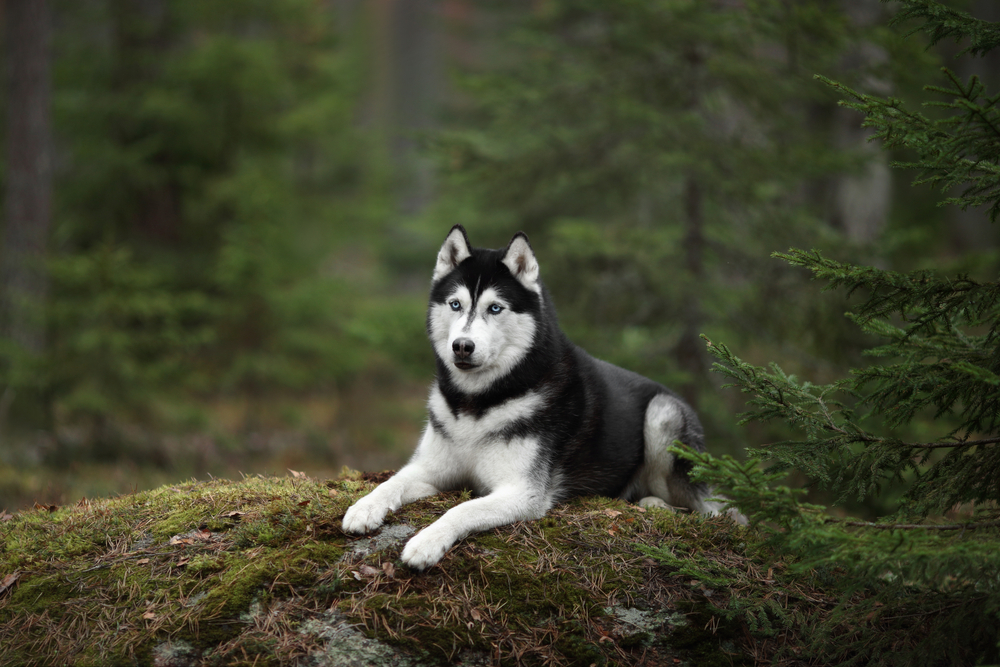

Temperament
Although breed plays a huge part in the reason that some dogs are more likely to protect you than others, you also have to consider the temperament of the dog as an individual. For example, German Shepherds might be well-known for being excellent police dogs, but not all of them make it through K9 training. It’s similar to how not all Labrador Retrievers have the focus and dedication to make good guide dogs.
They’re still good dogs even if they don’t meet the standards required for police work or other jobs. They simply don’t have the right temperament for a job that someone wants them to do. Your protective German Shepherd might be terrified of loud bangs or not have the confidence that makes them an excellent guard dog.
While you can train a dog to protect you if they don’t already have that spark, they’ll struggle to excel as much as another dog would.
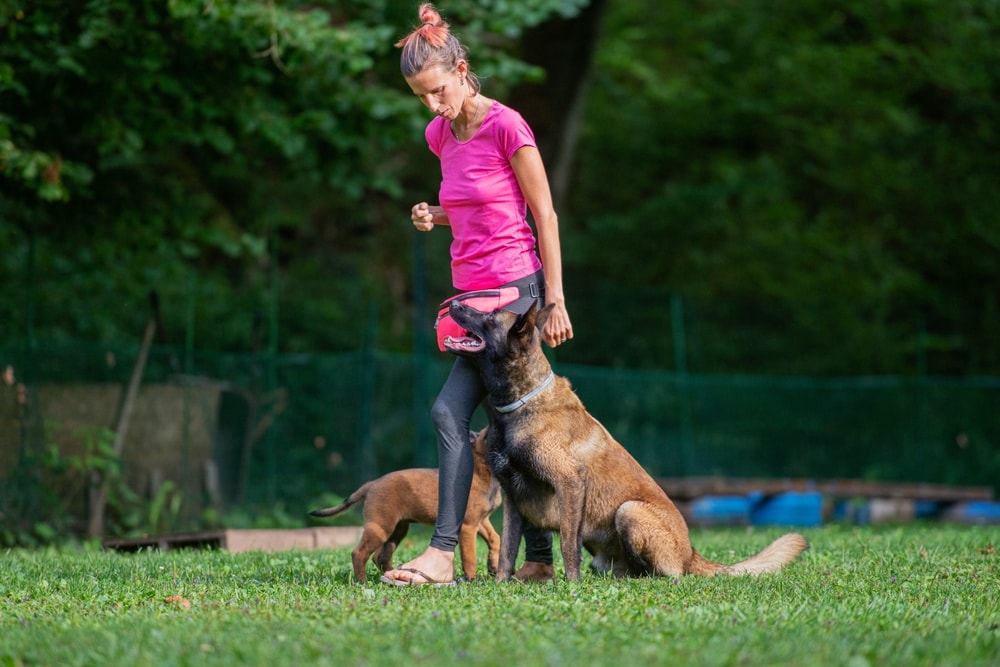

Training
Something you do have to remember about dogs is that from a very young age, they learn that humans are good. They might be wary around strangers or aggressive toward everything that they’re unfamiliar with, but with proper socialization and obedience training, people are seen as good things. Most of all, they’re a source of food and ear scratches.
This is partly what makes small dogs more likely to snap at threats than large breeds. Large dogs are more likely to be taught good manners and to be gentle when they’re puppies because they quickly get bigger, stronger, and harder to control. Small breeds stay small and cute, and their aggressive behavior isn’t seen as a problem by most owners until it already is one.
Unfortunately, your dog’s good behavior often leaves them confused about how they’re supposed to protect you. If they’ve been taught not to bite, bark, or jump up at people, they won’t know how to protect you. However, you can train dogs to protect you on command. This gives them a direction to follow that will tell them when and where their protectiveness needs to come into action and when to back off.
However, some dogs are excellent at discerning a person’s actions and interpreting their approach as friendly or not. This is, after all, how guard dogs assess a situation before they decide to attack or stay put.
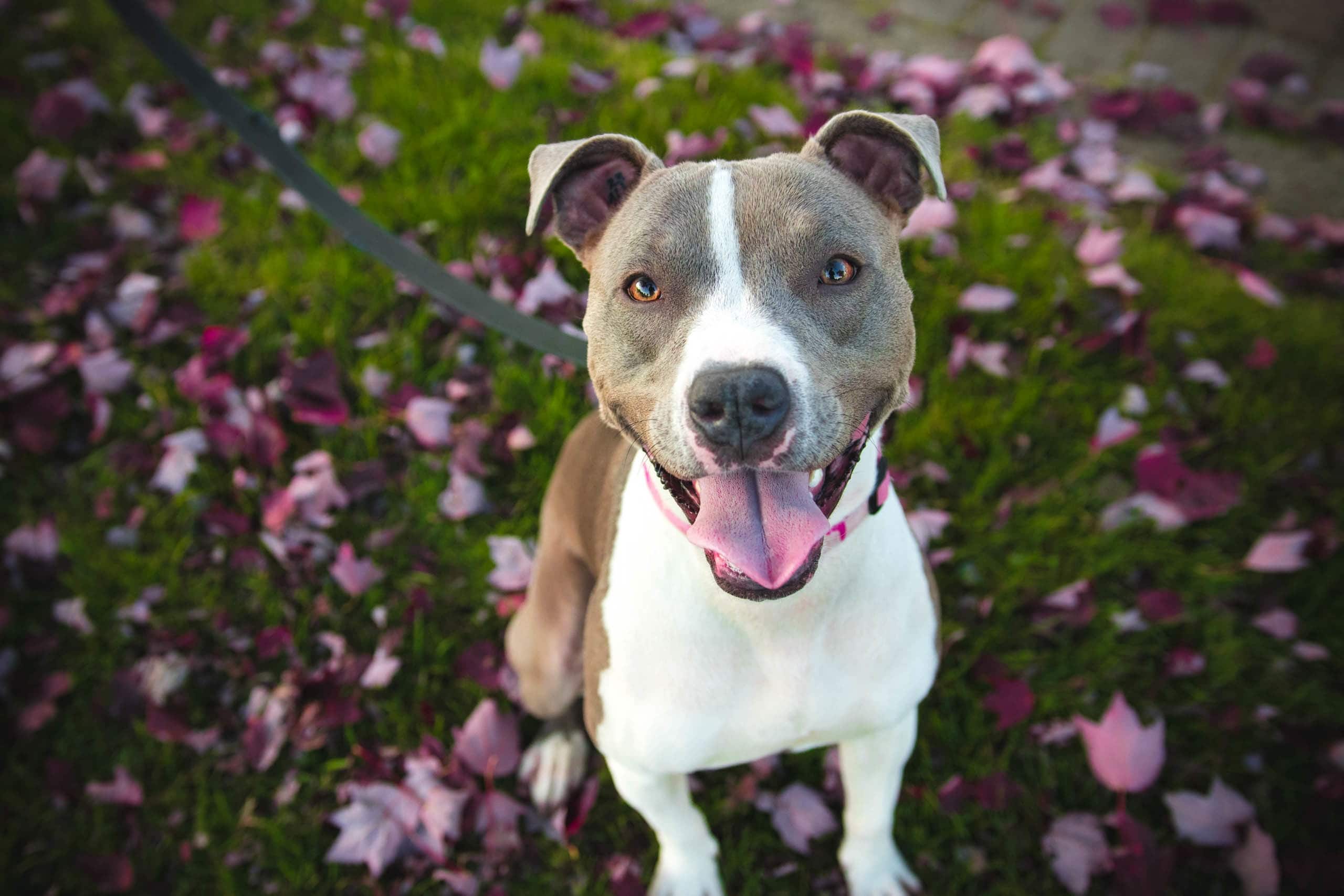



How Do Dogs Protect Their Owners?
Most dogs might be inclined to run the other way or sit and watch when someone attacks you, but many of them still protect you. They might not be the dramatic, snarling, and biting heroes that you imagine them to be, but they can and do protect you in their own way.
Presence
The fact that there are so many misconceptions about dogs shows that they can be effective in protecting you from attackers.
Perhaps not as you envisioned, but their mere presence can act as a deterrent.
Consider a breed like the Great Dane, for instance. Their size alone is intimidating, even to those familiar with dogs. Even without knowing their history of hunting wild boars and being loyal home protectors, they are likely to scare off an attacker simply by approaching and barking.
However, if the attacker is aware that Great Danes are gentle giants, their presence may not deter them much. A kind gesture, a treat, or some ear scratches could easily make them a new friend. This is why training your large guard dog to utilize their natural protectiveness can be beneficial.
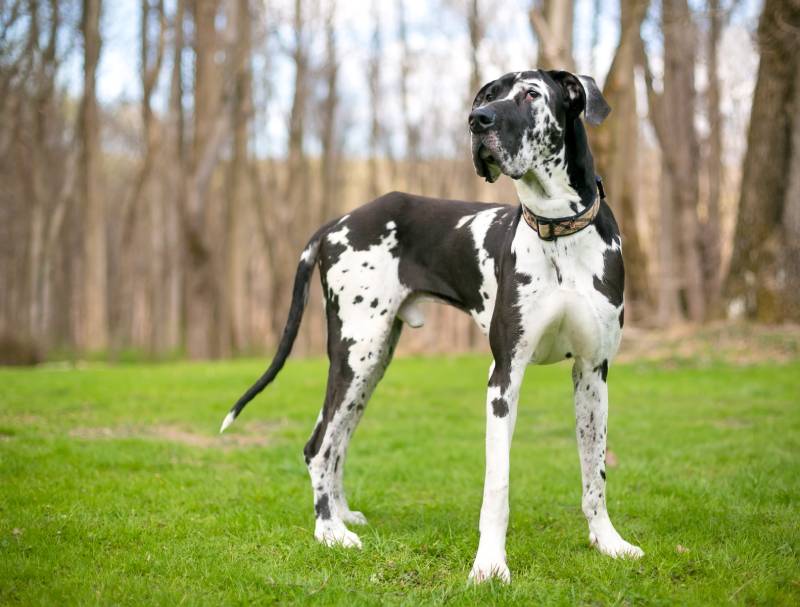

Watchdogs
Dogs possess remarkable senses that alert them to danger. Their nose, ears, and eyes work together to monitor their surroundings and keep them safe. While your Basset Hound might befriend a burglar, they won’t stay silent when the burglar approaches your back door.
Often, a dog’s bark is more intimidating than their bite, serving as a good deterrent. If your dog isn’t known for being noisy all the time, the louder they bark when necessary, the more attention they’ll attract. For an attacker seeking a quick robbery and getaway, drawing attention is the last thing they want.
However, relying solely on your dog may not be sufficient. Unless your dog is trained to respond to specific triggers, it’s hard to predict what will set them off. Plus, it’s easy to quiet them down with treats or a bone.


Frequently Asked Questions
How Can You Protect Yourself from Attackers?
Hopefully, you and your dog will never need to confront a threatening situation. There are several ways to defend yourself and your dog without solely relying on them for protection. Here are some quick tips:
- Invest in guard dog training
- Stay alert and avoid risky situations or routes
- Carry pepper spray
- Take a self-defense class
- Walk with a companion or family member
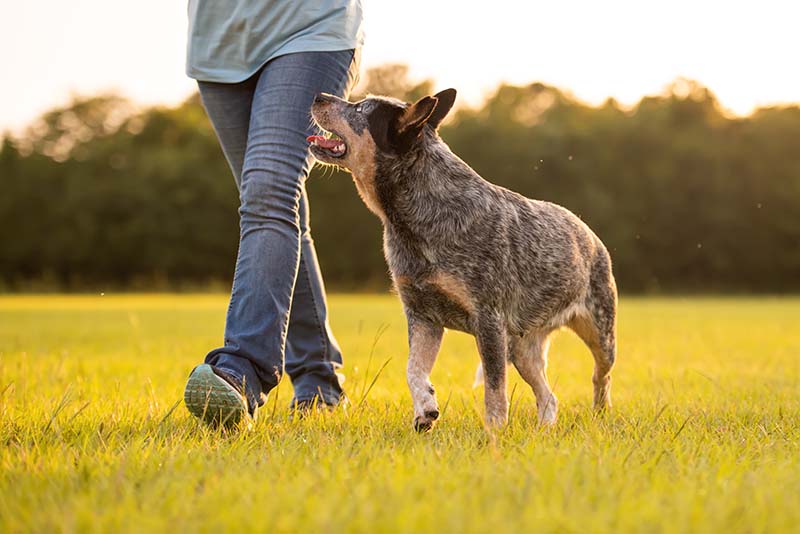

What’s the Difference Between Protection and Aggression?
Many people overlook the distinction between protective behavior and aggression. This is why a dog owner might allow their tiny Chihuahua to “guard” their lap by snapping at anyone who approaches—the dog’s overprotectiveness is perceived as cute.
Unfortunately, this behavior often stems from jealousy or possessiveness towards you rather than a genuine threat. It can escalate to the point where the dog reacts aggressively to everything, leading to snarls, bites, or other undesirable behaviors.
Aggression in dogs is a common issue that requires correction through training and socialization. On the other hand, protectiveness is an innate behavior in all dogs, especially those bred for guarding. Most of the time, it signifies loyalty, attentiveness, and reliability. Dogs also respond to your emotional cues in situations.
Protectiveness can sometimes escalate to aggression, but with proper training, dogs can learn to assess situations and determine if there is a real threat before reacting excessively. Protective dogs will relax once they confirm safety, either on their own or with a command from you.


Conclusion
Contrary to popular belief, many dogs may not instinctively protect you during an attack, even breeds known for their protective nature. In most cases, dogs trained to protect their owners will respond to specific commands. It is uncommon for a dog to instinctively protect their owner, as many are eager to make friends with potential threats.
Even if you have a guard dog breed, it is essential not to rely solely on them for protection. Invest in guard dog training and take additional precautions such as carrying pepper spray, learning self-defense, or walking with a companion.
Featured Image Credit: SasaStock, Shutterstock
message to make it more concise:
Please rewrite this message to be more concise.

